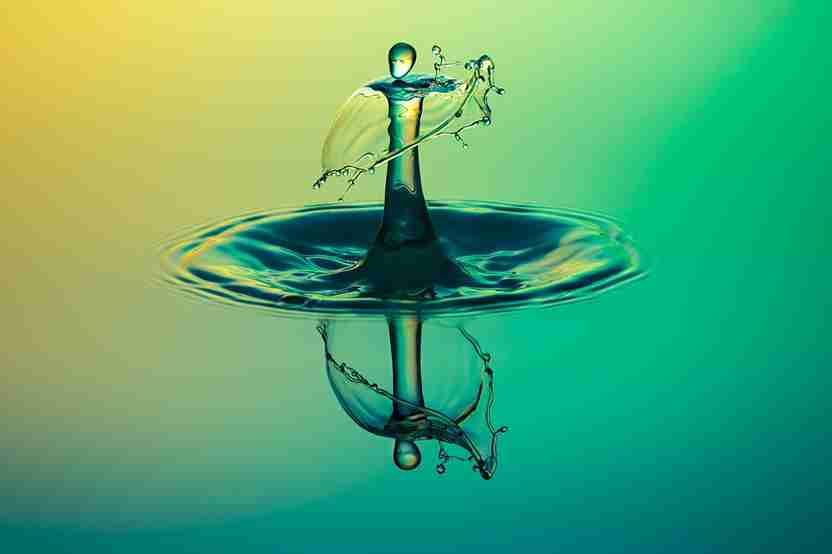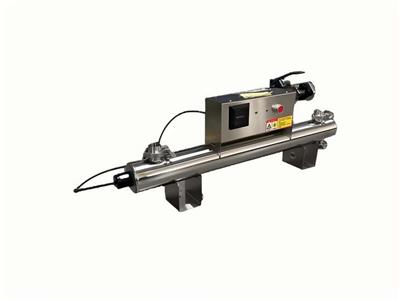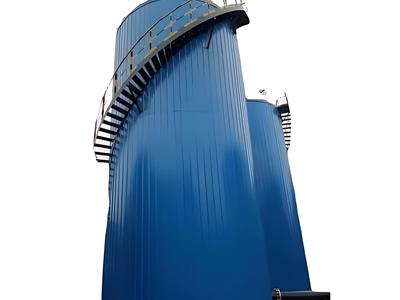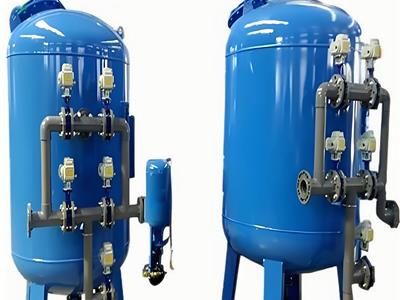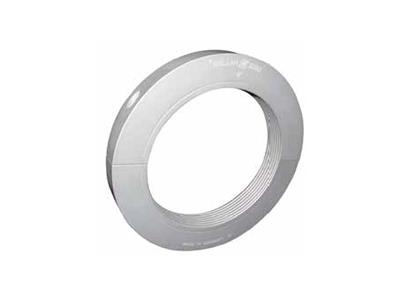- 2025-07-09
Erosive water
Erosive water
Erosive water refers to water bodies with low pH values (typically <6.5) and low hardness, whose corrosiveness stems from the following characteristics:
Acidic components: Contains high concentrations of free carbon dioxide (CO₂) and hydrogen ions (H⁺)
Softening effect: Lacks natural corrosion inhibitors such as calcium and magnesium ions
Corrosion mechanism: Dissolving elements such as iron, copper, and zinc in metal pipelines through electrochemical reactions
Corrosion products and hazards
Formation of carbonate scale (CaCO₃) and metal salt deposits (such as greenish-blue copper rust)
Causing pipeline perforation, electrical damage, fabric discoloration, and equipment scaling
In human contact scenarios (such as bathing), hair quality and skin may be damaged
Swimming pool applications should be limited
Corrosive water is not suitable for swimming pools for the following reasons:
Water quality deterioration
Corrosion of metal components in the acceleration tank (ladders/pipes)
Dissolution of pool lining materials (such as cement calcium components)
Maintenance risks
Continuous addition of pH adjusters (sodium carbonate/sodium hydroxide) is required to maintain total alkalinity at 80-120 ppm
Excessive chemical agents can easily trigger secondary issues (such as the formation of chloramine)

